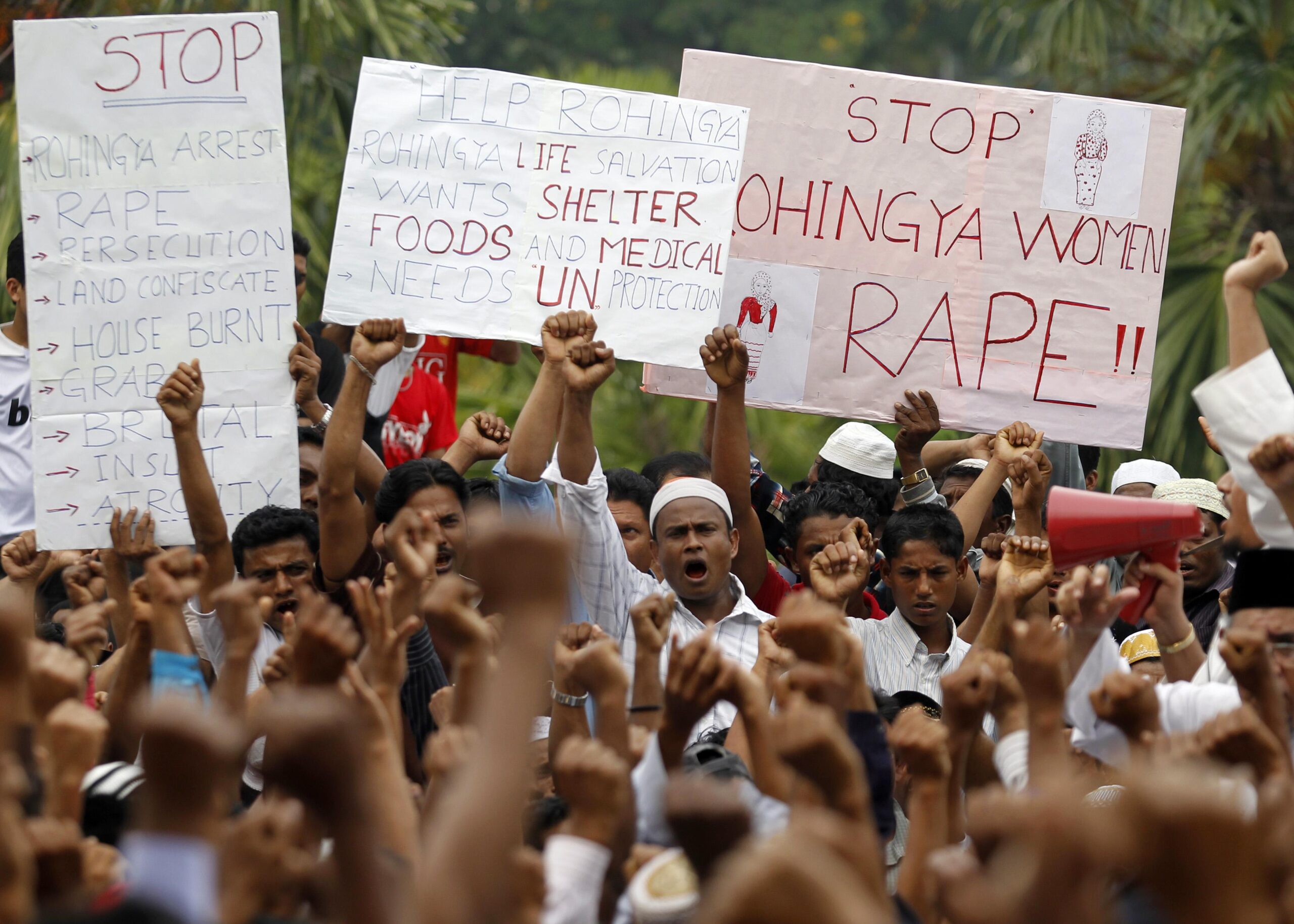Seven years is too long to wait for justice
Tell your Members of Congress to support the Rohingya GAP Act (H.R.8936)
U.S. Representatives Gregory Meeks (D-NY) and Michael McCaul (R-TX) have introduced the Rohingya Genocide, Accountability, and Protection (GAP) Act (H.R.8936).
The Rohingya GAP Act seeks to provide protection, support, and humanitarian assistance to Rohingya refugees and internally displaced people. It also promotes accountability and a path out of genocide and crimes against humanity for the Rohingya.
The Rohingya are an ethnic minority group predominantly Muslim, who have lived for centuries in the Rakhine State, located on the western coast of Myanmar (Burma). Despite their long history in the region, they have faced genocide, severe discrimination, and persecution, particularly from the Myanmar military and ultra-nationalist groups.
Since the 2017 genocidal attacks by the Burmese military, Rohingya have been persecuted within Myanmar and hundreds of thousands of Rohingya have fled to Bangladesh where they remain in refugee camps. These refugees do not have access to basic healthcare, education, or civil rights.. The situation for the Rohingya inside and outside of Myanmar has only become worse with the military takeover on February 1, 2021. In 2022, the U.S. State Department made a formal determination the Rohingya are subject to a genocide by the Myanmar military.
The Rohingya GAP Act (H.R.8936) goes a long way to help end the genocide against the Rohingya as well as offering the community a way back to normalcy, peace, and a real way of life that they have been denied for far too long.
Take action today to tell your Members of Congress to co-sponsor and support the Rohingya GAP Act.

